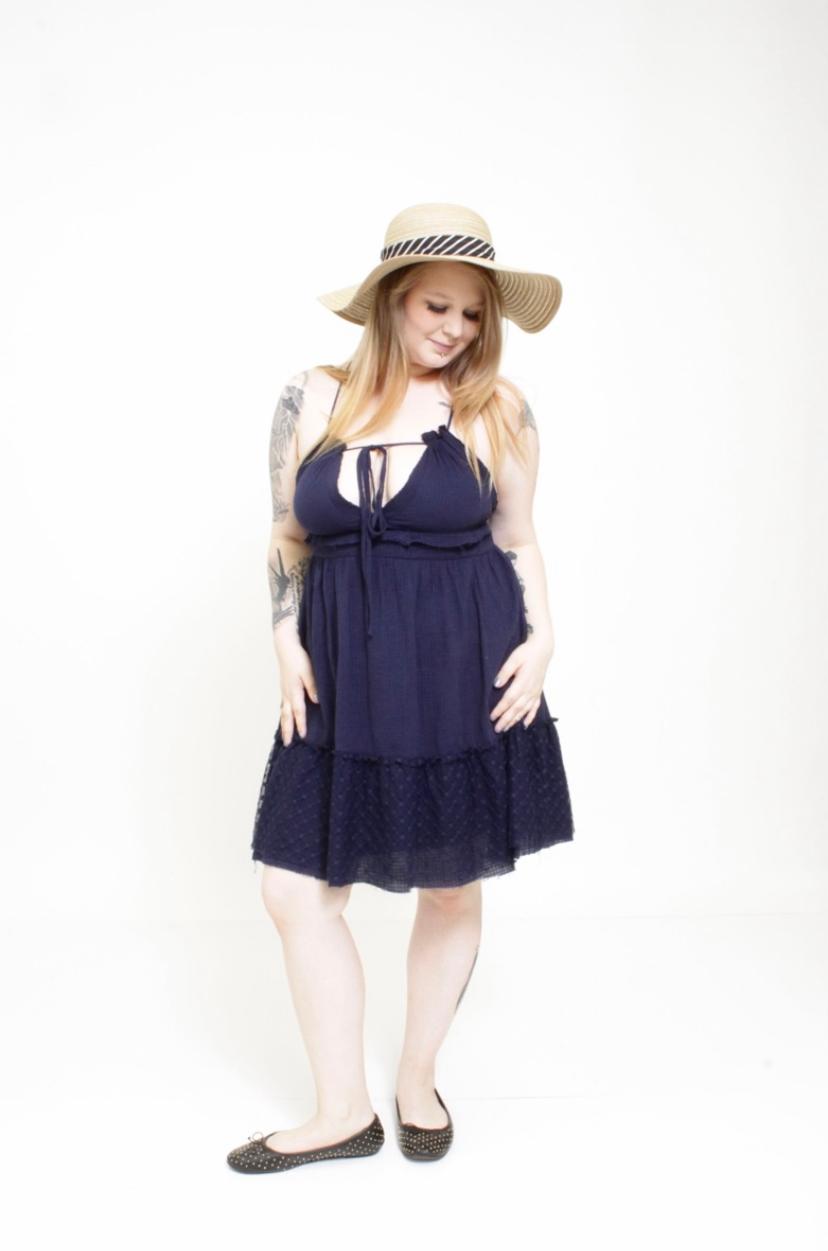Post-Foster Care: How to Cope
- Jessica Castillo

- Jul 16, 2021
- 2 min read

After you’ve been in foster care, everything is seen through a different lens. Regardless of how long you were in the system, if you were or weren’t adopted, if you aged out or got to go back with your family, at one point you were a part of a community of young people who were forced to survive. After foster care, there's usually a feeling of newness that is less of a welcomed feeling and more something that is preceded with caution. So, how do you cope?
Here’s what we’re here to discuss today - therapy, and why you need it, even if you think you don’t. According to SAFY, a child and family center located in Ohio, “of the 400,000-plus children in foster care in America, it's estimated that nearly 80 percent suffer from a significant mental health issue.” I’ve had PTSD, a panic disorder, and Bipolar disorder since I was very young, but didn’t receive any official diagnosis until I was nineteen-years-old. A lot of the times, children who have experienced trauma normalize the feeling of being gaslighted because adults always tell you to “stay positive” and that “others have it worse,” but what’s important to acknowledge is that now as an adult yourself, you can seek out help and better yourself for yourself, and it’s absolutely attainable. You deserve validation and healing.
A Home Within - Free Ongoing Therapy
A Home Within is “the only national organization dedicated solely to meeting the emotional needs of foster youth.” Anyone who has spent even a single day in foster care qualifies for free ongoing therapy from the highly certified volunteers with A Home Within. There is no age restriction, no “aging out” of therapy (meaning it can be as often or infrequent as you need), and the staff are all fully equipped and excited to help you on your journey to healing and loving yourself. You can easily apply and be matched to a therapist through their website. When I did this, I was matched to a therapist within a month and have been in therapy through the CASA project since January 2021.
I find there are moments when, especially since I’m on medications that help regulate the chemical imbalances that only make matters worse for my bruised mental health, I feel like I “don’t need therapy anymore,” but that’s never the case. Therapists are insightful, and are able to professionally pinpoint reasons for your behaviors, heartache, and habits, and once you allow yourself to indulge in the process of healing you’ll soon discover the same.



Kommentarer